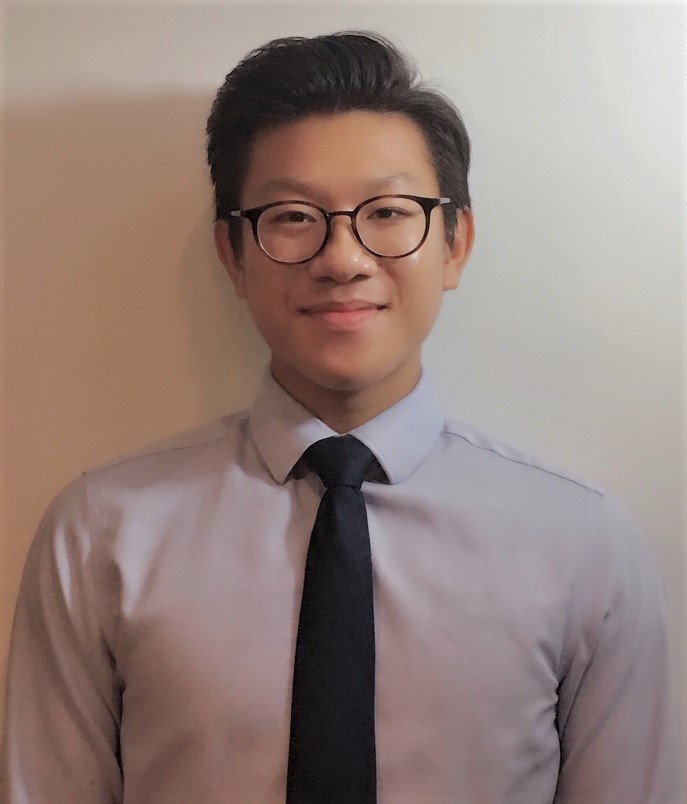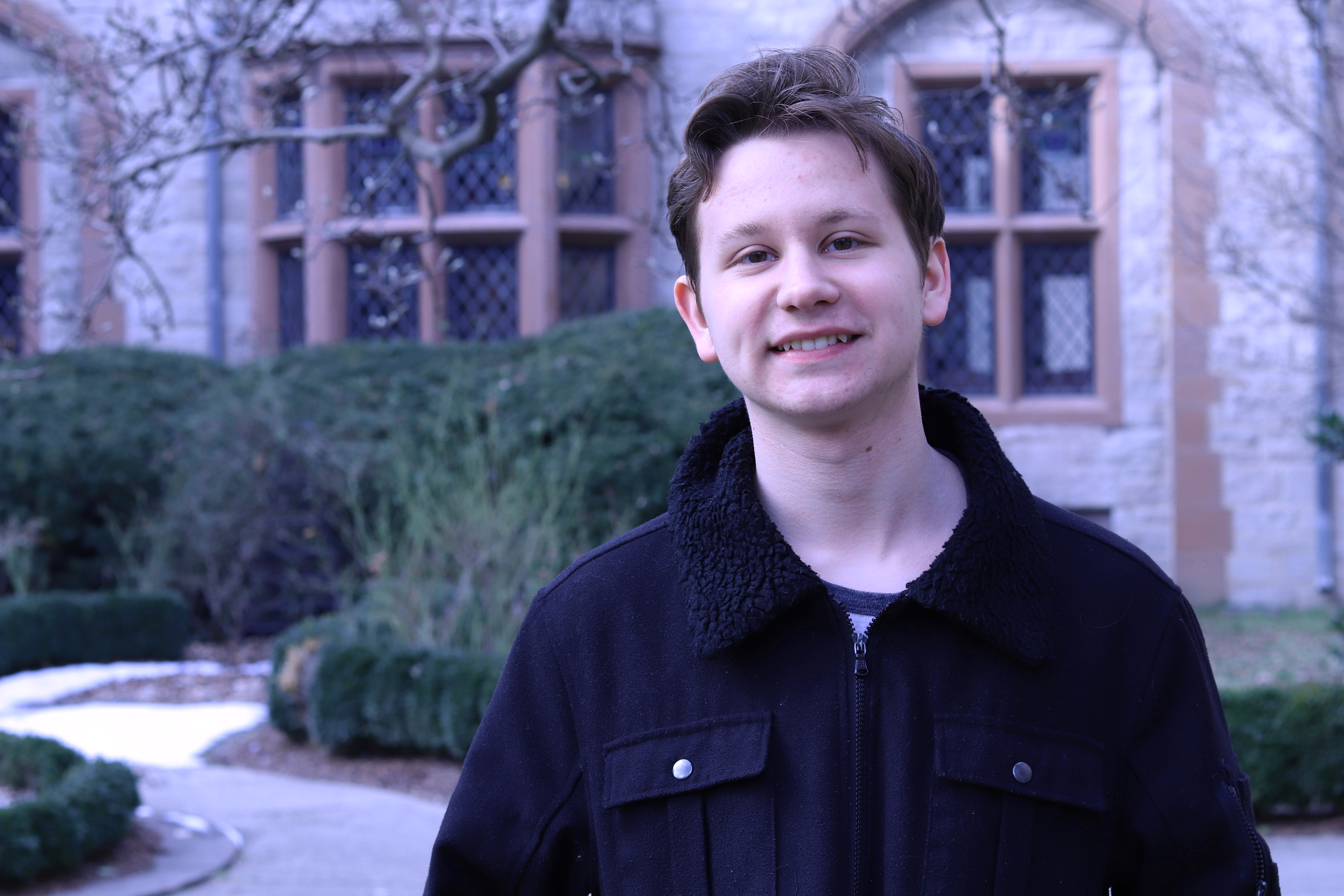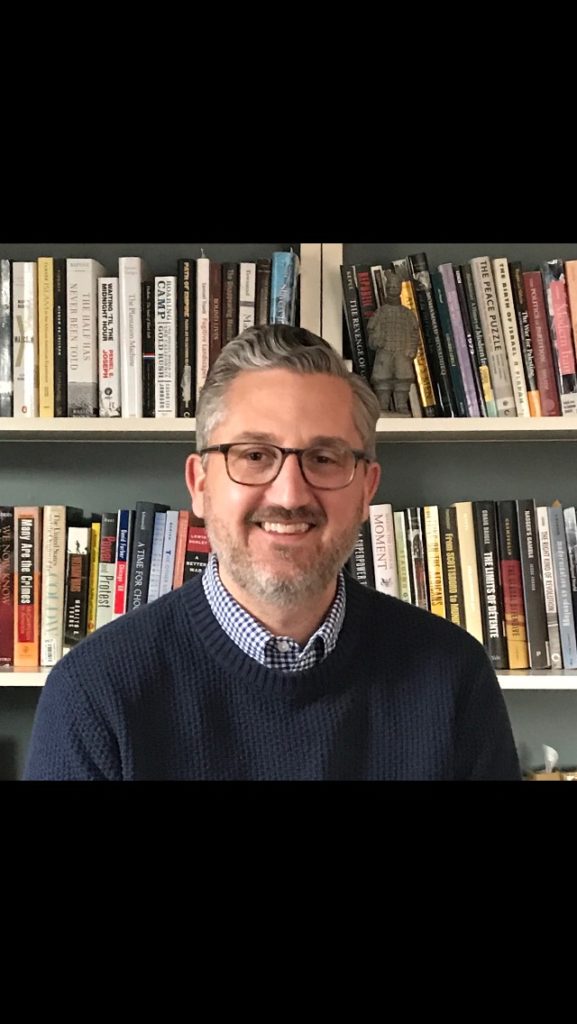On Monday, February 10, 2020, Fordham’s History Department hosted its annual History Day celebration. The event brought together some fascinating research from Fordham undergraduate and graduate students and Fordham faculty. The day’s keynote speaker was Prof. Amanda Armstrong. Below is just a snippet of the fascinating work and images we heard from our participants. You will hear from Brian Chen, Hannah Gonzalez, Grace Campagna, Emma Budd, Christian Decker, and Kelli Finn.
Brian Chen discussed Henry Kissinger’s diplomacy during the South Asia Crisis of 1971. He argued that given the geopolitical constraints of the Cold War and the limits of U.S. influence in the region, his response to the genocide in East Pakistan was not unreasonable. Kissinger’s policy of “quiet diplomacy” improved the prospects of peace between the United States and the Communist world, while also providing necessary humanitarian relief to the Bengali people. 
Hannah Gonzalez’s paper, “Natives, Naturalists, and Negotiated Access: William Bartram’s Navigation of the Eighteenth-Century Southeast,” examined how the naturalist William Bartram negotiated access to native territories and knowledge while constrained by colonial politics and a climate of cross-cultural hostilities. This navigation of the Southeast involved the utilization of imperial and colonial structures, from treaties to white traders. As recorded in Travels, Bartram’s journey demonstrates how naturalists negotiated the cultural landscape on levels beyond the scientific.
You can follow her on Twitter @hannahegonzalez. 
Grace Campagna’s presentation, “The Quern: The Biography of a Medieval Object,” traced the lifecycle of an artifact, including its production, operation, and repurposing, using both historical and archaeological methods. The quernstones that archaeologists discovered in the Thames river came from a quarry in Germany in order to undergo the final stages of manufacturing in a London workshop. The presentation examined how communities assign value to everyday items and addressed the challenges of analyzing objects for which there are few primary sources. You can access the full link to her article here: https://medievallondon.ace.fordham.edu/exhibits/show/medieval-london-objects-3/quern

Emma Budd’s presentation analyzed intersecting power dynamics in colonization, humanitarian intervention, and sexual assault. Through the lens of the Algerian War of Independence, she argued that the three aforementioned phenomena are intrinsically connected by their roots in a desire for power without concern for humanity.

Christian Decker’s presentation talked about Polish immigrant networking from 1900 to 1945. It included discussion of family and labor networks, religious networks, all the way up to the formation of the Polish American Congress.
You can follow Christian Decker on Twitter @PCGamingFanatic 
Kelli Finn’s presentation, “We survive. We’re Irish:” An Examination of Irish Immigration to the United States, 1840 -1890,” examined how the systemic poverty that Irish immigrants faced from the 1840s-1880s shaped their immigrant experience. It argued that the extreme poverty that the Irish faced lead to harsh stigmatism of Irish immigrants even in the workforce which in turn lead to poor living conditions for the Irish when they got to America and the highest mortality rates among immigrant groups at the time.


